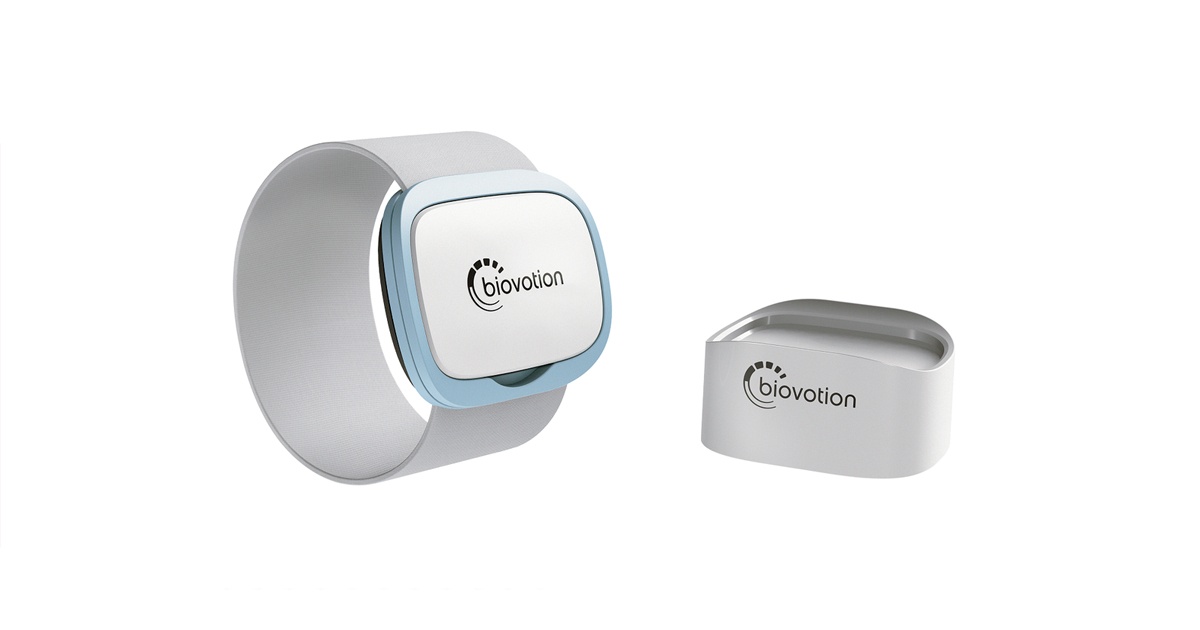Genomic sequencing according to the Centers for Disease Control and Prevention (CDC), is a process that determines the order or sequence of nucleotides in each of the genes present in the genome of a virus. Through genome sequencing, it is possible to better understand some diseases and make more accurate diagnoses.
Genome sequencing is currently used in medical care for the diagnosis of rare genetic diseases that increase the risk of breast cancer or pulmonary arterial hypertension.
In this sense, Google Health is applying technology in the field of genomics, in order to identify diseases of this type. They have recently partnered with Pacific Bioscienses to advance the development of genomic technologies and clinical research.

Google also worked with the Genomics Institute at the University of California, Santa Cruz, resulting in a new method called PEPPER-Margin-DeepVariant, which parses data for sequencers Oxford Naopore, the fastest commercial sequencing technology. Thus was published a study at New England Journal of Medicine.
These types of advances have also promoted the use of machine learning in data sequencing processes. “We believe that machine learning can further unlock the potential of these instruments. Our new research partnership with Pacific Biosciences (PacBio), a developer of genome sequencing platforms, is a great example of how Google's machine learning and algorithm development tools can help researchers get more insights from data from sequencing”, explains the Google blog.
However, one of the goals of this advance according to Google is to support more equitable genomics resources and methods. For example, in the development of genomic studies, the participation of a more diverse population is considered, since historically this type of study has focused on patients of European descent.
“We hope that our work in developing and sharing these methods with those in the genomics field will improve general health and understanding of biology for all. Working together with our collaborators, we can apply this work to real-world applications”, concludes Google's entry, signed by Andres Carrol, product leader and Pi Chuan Chang, software engineer, both in the Genomics division of Google Health.






